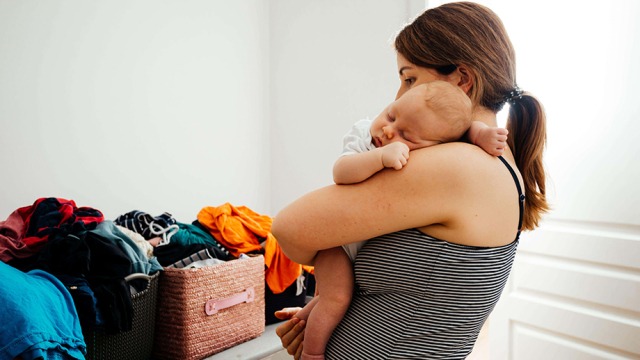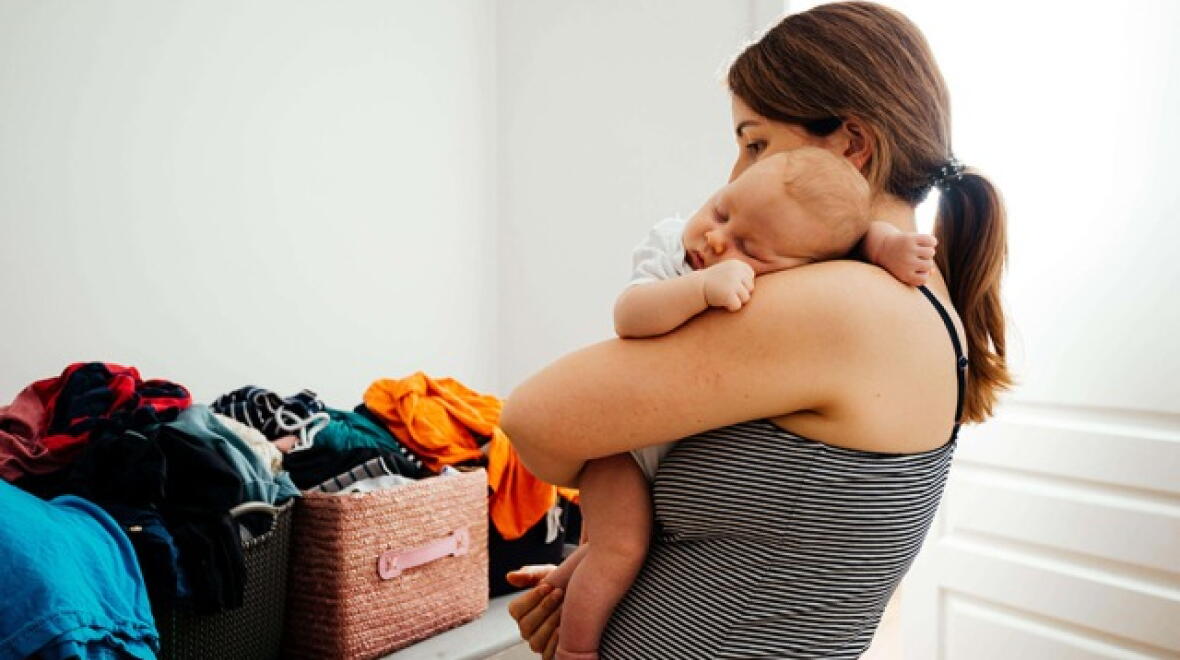As the COVID-19 pandemic unfolded, a subtle yet significant shift occurred in homes around the world: the division of household labour became more traditional. Women took on the lion’s share of household tasks and childcare responsibilities – including home-schooling children and caring for sick relatives – whereas men remained relatively unencumbered.
In a cross-cultural study of over 10,000 participants in over 100+ countries, we investigated whether this shift was more acutely perceived and experienced among women than men, and its consequences for personal and relational well-being. We found that, during the first few weeks of the pandemic, women and men alike noticed the shift toward a more traditional division of household labour. But it was women who were disproportionately affected by this shift. The impact on women, however, was not uniform across countries.
Instead, women’s experiences depended on the level of economic gender equality within their home country. In countries with higher economic gender equality, such as Australia or the United Kingdom, women who perceived that their division of household labour had become more traditional reported lower personal relationship satisfaction and poorer mental health. Whereas, in nations with lower economic gender equality, such as India, this shift toward a more traditional division of labour corresponded with better relationship satisfaction and mental health.
While these results are correlational and should be interpreted with caution, there are some possible explanations for the observed differences. One possibility is that women in more gender-equal countries may have experienced the shift toward a more traditional division of labour as disempowering – a reversal of progress towards gender equality. Whereas the opposite may have been true for women in less gender-equal countries. For these women, the shift may have brought them into closer alignment with country-level traditional gender norms, ultimately benefiting their relationships and mental health. This account fits with theories of gendered self-regulation which propose that people derive positive feelings and self-esteem benefits from living up to local gender norms and standards. However, more cross-cultural research is needed to better understand these observed differences.
Interestingly, we found no significant association between the shifting division of labour and men's relationship satisfaction or mental health, regardless of their country's level of economic gender equality.
These findings urge us to consider the stubbornness and pervasiveness of traditional gender role expectations in the broader drive towards gender equality. It also raises important questions about the precarity of progress made towards gender equality – is progress only skin deep?
As we navigate out of the pandemic and beyond, this research serves as a crucial reminder of the need to foster more resilient gender equality efforts and practices that can withstand the pressures of global emergencies, ensuring that the burdens and responsibilities of life – both seen and unseen – are shared more equitably across genders.
Contact
Alex Fisher
Visiting Fellow
Leadership & the Glass Cliff, Relationships & the care economy, The workplace & working lives
You may also like
Calls to address ‘alarming rates’ of gendered violence against Victorian healthcare workers
Our new report finds that gendered violence is widespread in the Australian healthcare system.
LGBTQIA+ experiences of diplomacy
GIWL Researcher Jack Hayes is conducting a research project studying the experiences of lesbian, gay, bisexual, same-gender attracted, queer, transgender, or non-binary people working in…
Dr Elise Stephenson awarded WLIA Fellowship
The Women's Leadership Institute Australia (WLIA) announced on 29 August that GIWL Research Fellow Dr Elise Stephenson has been awarded as their latest WLIA Fellow.





